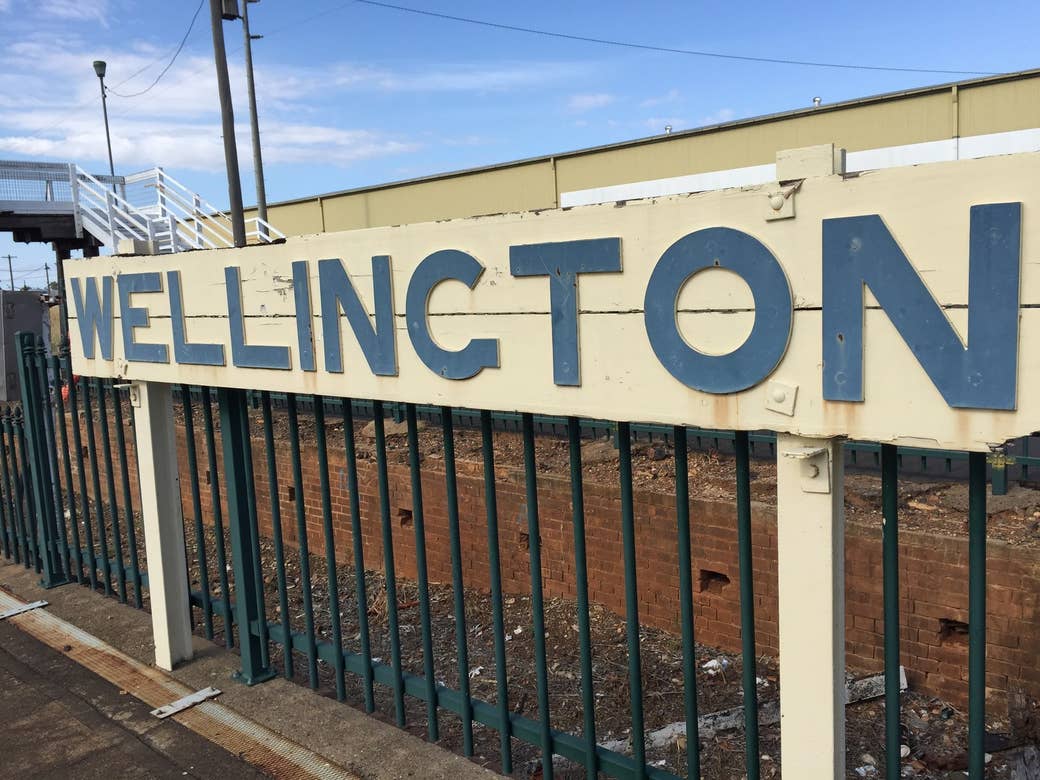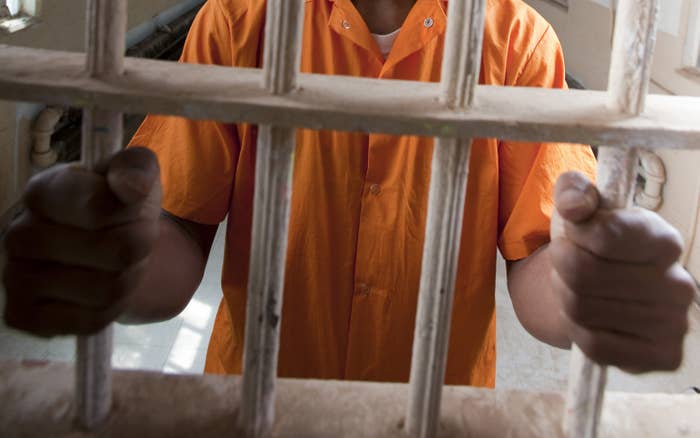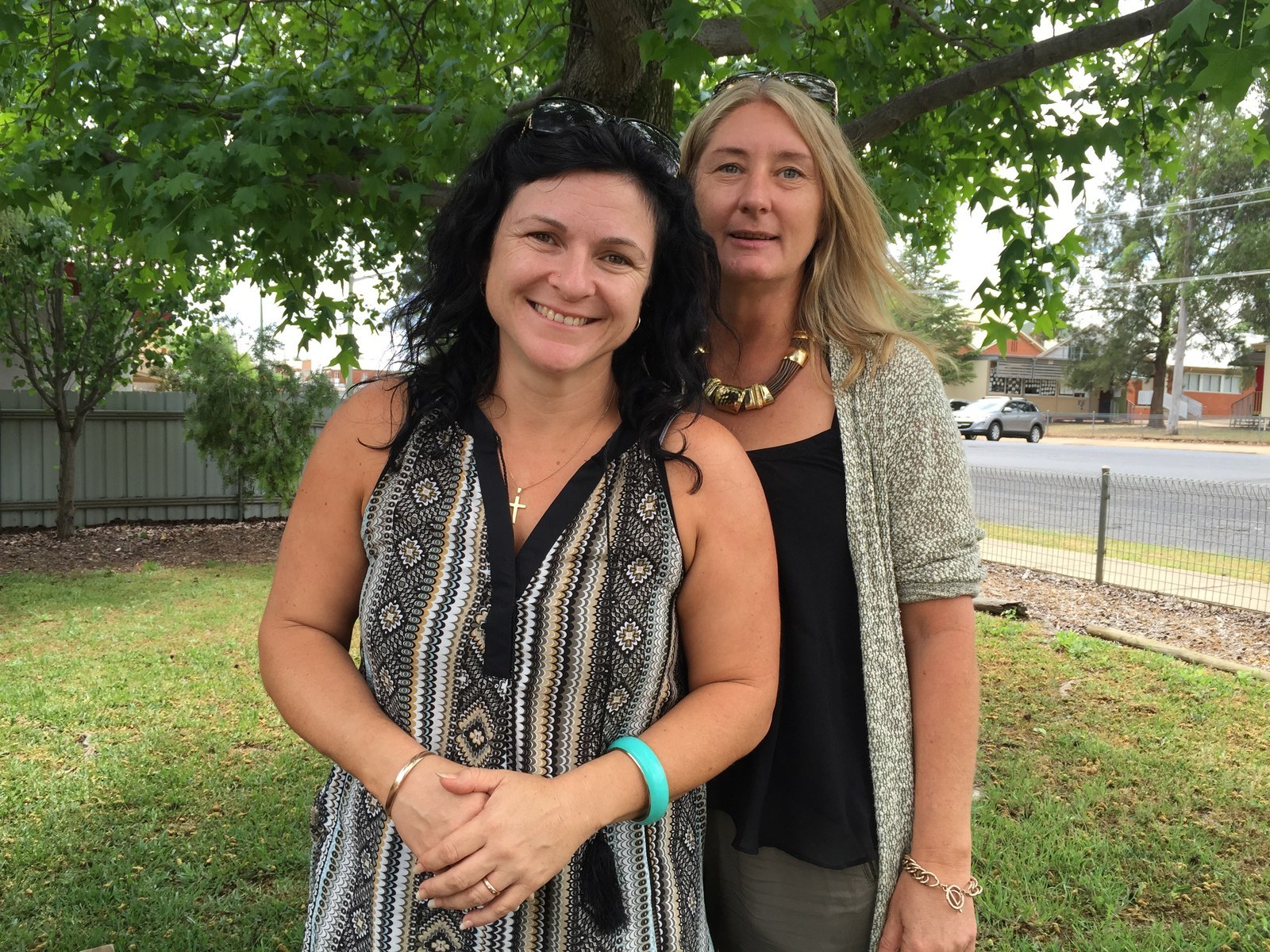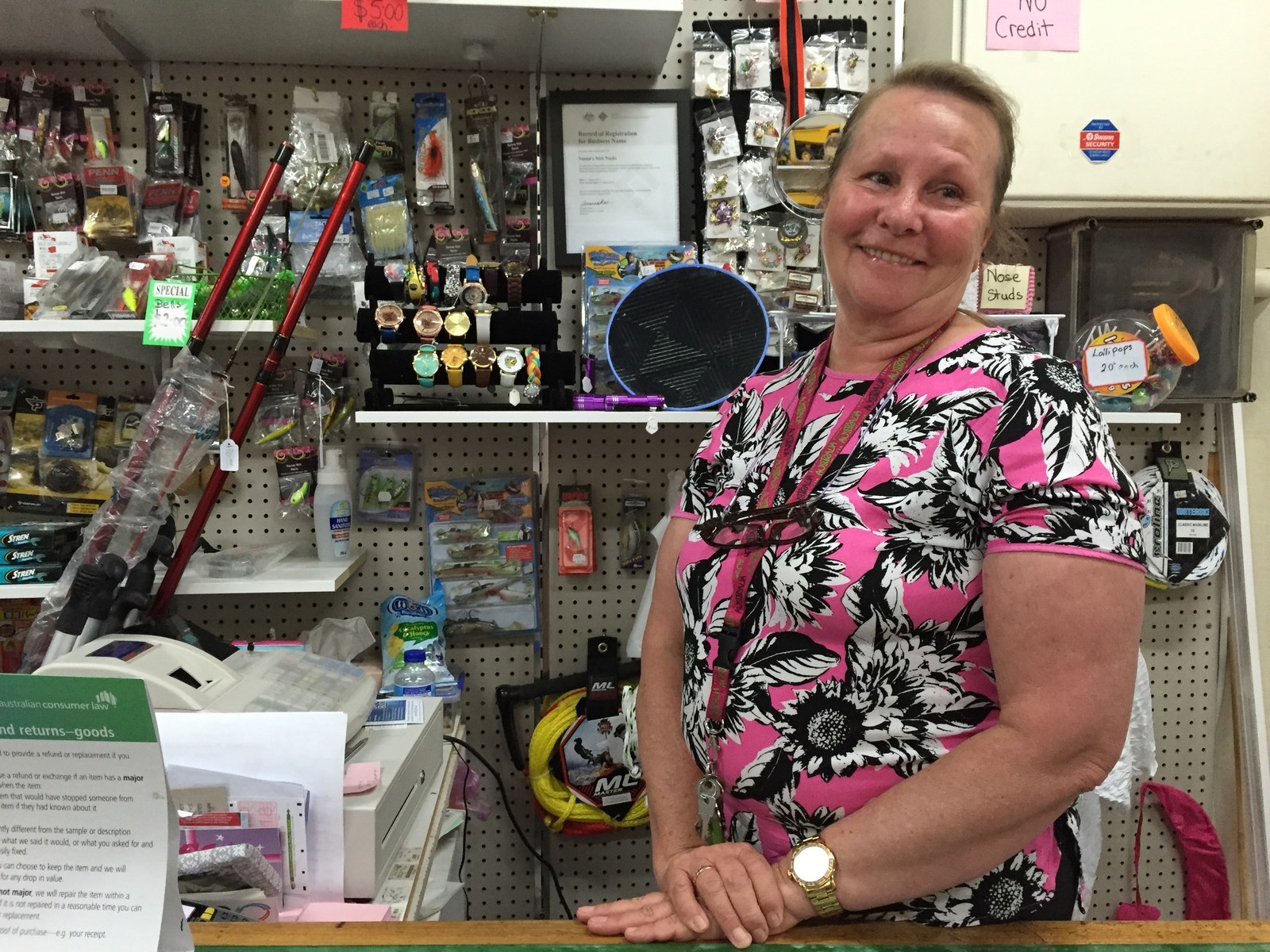
"Inside you are nothing but a number, just a number. Being in prison is the scariest thing ever and coming from a small country town I was scared of being judged by people going back [home]."
Jodie, 41, is recalling the 14 months she spent in prison in 2011. The mother of four says it was the lowest point of her life.
Jodie was incarcerated at the Wellington correctional facility in central western NSW. She says a local program called Beyond Barbed Wire has been the key to her success on the outside.
Run by Barnardos, the Beyond Barbed Wire program supported Jodie through the last six months of her incarceration, including allowing her to work at the Barnardos office in Wellington while on day release from prison.
"I felt really supported and listened to. The work release program was really my saving grace. Being given responsibilities, it just gave me a realistic goal that I would go home," she says.

Beyond Barbed Wire is a remarkable homegrown success story for the small town of Wellington, which has the unenviable reputation of being at the epicentre of the methamphetamine crisis crippling the area.
Locals refer to the area as the South Pole, or Little Antarctica, because it's so full of ice.
The program connects incarcerated women with mentors, and offers support during and after incarceration. Women are helped with accommodation, child services, and advocacy.
Over 80% of women who have gone through Beyond Barbed Wire are Aboriginal, and the program has an almost 100% success rate at preventing reoffending.
"Out of all the women that have been through our program, which has been 54 women, there has only been two who have returned to prison," Beyond Barbed Wire coordinator Shiree Talbot tells BuzzFeed News.
"Now that works out at a 5% recidivism rate. If we look at the NSW Bureau of Crime Statistics and Research statistics they [the recidivism rate amongst all prisoners] are much higher."

Talbot is proof that the formula works. She may be the coordinator of Beyond Barbed Wire today but her first connection with the program was as a part of a prisoner program.
“It saved me,” she says.
Aboriginal women are overrepresented in the criminal justice system and constitute the fastest growing section of the prison population. Over the past ten years there has been a 60% increase in Aboriginal women receiving a jail sentence.
In New South Wales, 85% of Aboriginal women who have been to jail will reoffend.
"A lot of the time Aboriginal women coming out of custody are invisible in their communities," Talbot says.
"When we are in small communities like this [Wellington] it is absolutely vital for the success of these women and their kids that they have a sense of connectedness and sense of belonging and then we can encourage and empower these women to move forward."
Barnardos program manager Leonie Phillips tells BuzzFeed News says she would like to see the program rolled out across the state, but that's unlikely due to a lack of funding.
"We cover western NSW and that’s a big expansive part of country. It would be great to be able to replicate this service so we did cover a bigger area," Phillips says.
"It’s crucial they [female prisoners] have the support, but often [when they leave prison] there is no safety net. They need a safety net to figure out who they are and what they want from life and just be given a chance like everyone else in the community."

Two years ago 58-year-old Valerie Newell, a local shopkeeper in Wellington signed on to be a mentor with Beyond Barbed Wire. Today she is mentoring three women - two in prison and one who is on the outside.
"Everybody deserves a second chance. These poor girls just need someone who believes in them, somebody that will stand there through the hard times," Newell tells BuzzFeed News.
Newell says the experience has been an incredibly rewarding one, and speaks of the change she's seen in participants.
"The mentee I have on the outside has blown me away with where she came from and where she is now. She was a drug user with lots of problems and now she's working, she’s got a license, she’s put on weight and she’s drug-free.”
"It give me tingles just talking about this lady, she’s what Beyond Barbed Wire is about, and it’s all been her own decisions," Newell says.

The majority of offences committed by Indigenous women are petty in nature and often driven by poverty. A lack of housing and support networks after leaving prison contributes to the high levels of re-offending.
Jodie says without the opportunity to be a part of Beyond Barbed Wire, she would have been just another statistic.
"Without Beyond Barbed Wire I really don’t know where I would be, probably stuck inside [prison] and depressed. They [Barnardos] just gave you that feeling that you are actually valued in society, because when you go to prison you feel like you are nothing."
